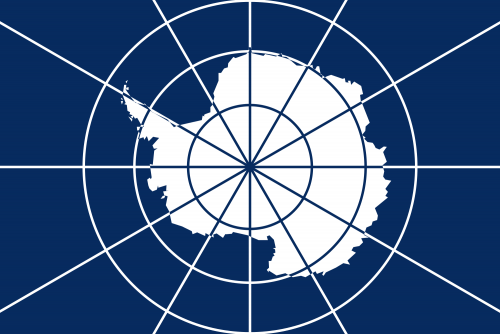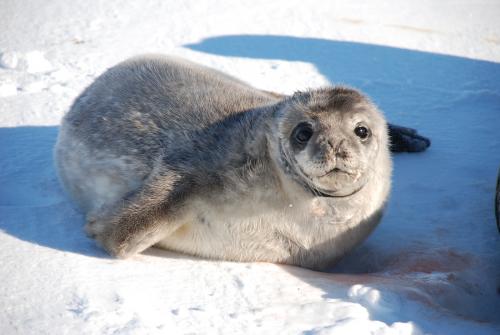After a two week break in New Zealand, I have returned to the United States and to Timberline, my home school. I have to say it feels odd to be here after two months away and my mind continues to drift back to Antarctica and all of the high and lows of my time there. Antarctica is an amazing, astounding place, a place that is relatively untouched by humans and is a natural laboratory for all ranges of science – including the 600,000 sq. miles of Ross Sea that was protected on October 28. It has been protected by its remoteness for decades during the Age of Exploration – but as our civilization matured and advanced, additional protections beyond that of remoteness and inhospitably needed to be given to this unique area. On December 1, 1959, 12 countries signed a treaty to provide that protection.
Antarctic Treaty

Of all the things that I will remember about Antarctica (and there so very many), it is the cooperation and goodwill that the continent fosters. The harsh climate certainly forces you to lean on one another for assistance but it is the willingness and desire to provide that assistance that is so remarkable. Political differences are pushed aside – Russian ice breakers have been used to open the port at McMurdo, planes and facilities are used by all if the need arrives (indeed the US flies both New Zealand and Italian scientists to the ice on C-17's out of Christchurch), equipment is shared in ways that in the "outside world" would not be possible. Ideas and discoveries are shared and celebrated by all – there is a communal love of the place that we are studying and appreciating. In a time where there is so much strife and disagreement, Antarctica is a place where these are pushed aside and the work of science is allowed to happen – and in the process humanity is fostered.
Officially De-iced
I left Antarctica as the last remaining team member and with the knowledge that the work that I had been sent there to do was unfinished. Many have asked if the team will return to the ice and complete the work – the answer to that is unknown at this point. The National Science Foundation which funded the work (and also funds the PolarTREC program which placed me and so many other teachers with our teams) has given the team space and time to make that determination. My work there with the team is incomplete but the larger work of an appreciation of the what Antarctica gives us and the science that is being done there is also incomplete. So here I am in my classroom in Colorado with my students again – who are ready to get back to work after a two month stint with a long-term substitute – and I have already made the determination that I will return to Antarctica some day and some how.

Happy Antarctica Day everyone – celebrate the science, the friendship, and the exploration of this magical place.
- < prev
- 28 of 28


Comments